Yayasan Sime Darby Annual Report 2025

Climate Action
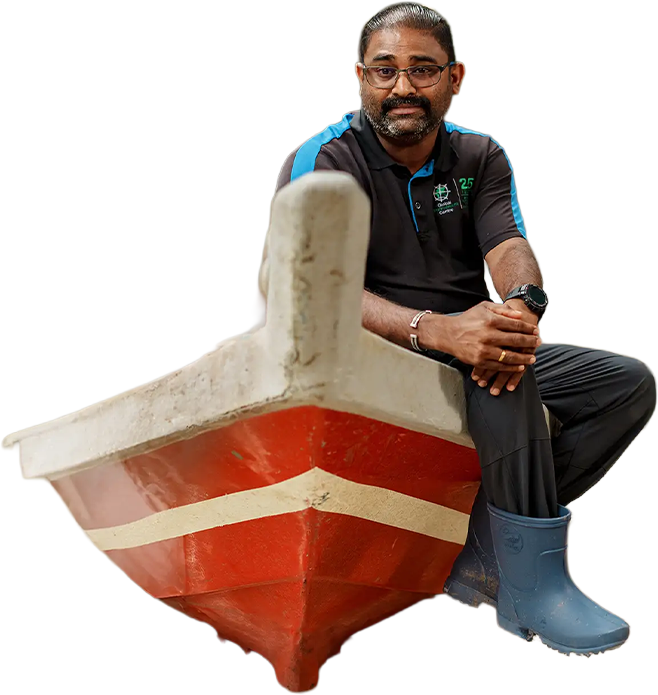
RM 5.7 million
Total YSD support (2020–2026)
47,550 trees
across 23.88 ha; survival 60–92%
826
participants from 51 schools via Mangrove School Carnivals
4 MOH - approved
mangrove-based beverage products
HALAL certified
mangrove beverages
10,000
products produced
6 demonstration sites across 4 states
6 registered
community organisations
> 7,000 residents
benefiting from stronger natural defences

Roots of Resilience - Coastal Communities Leading Climate Action
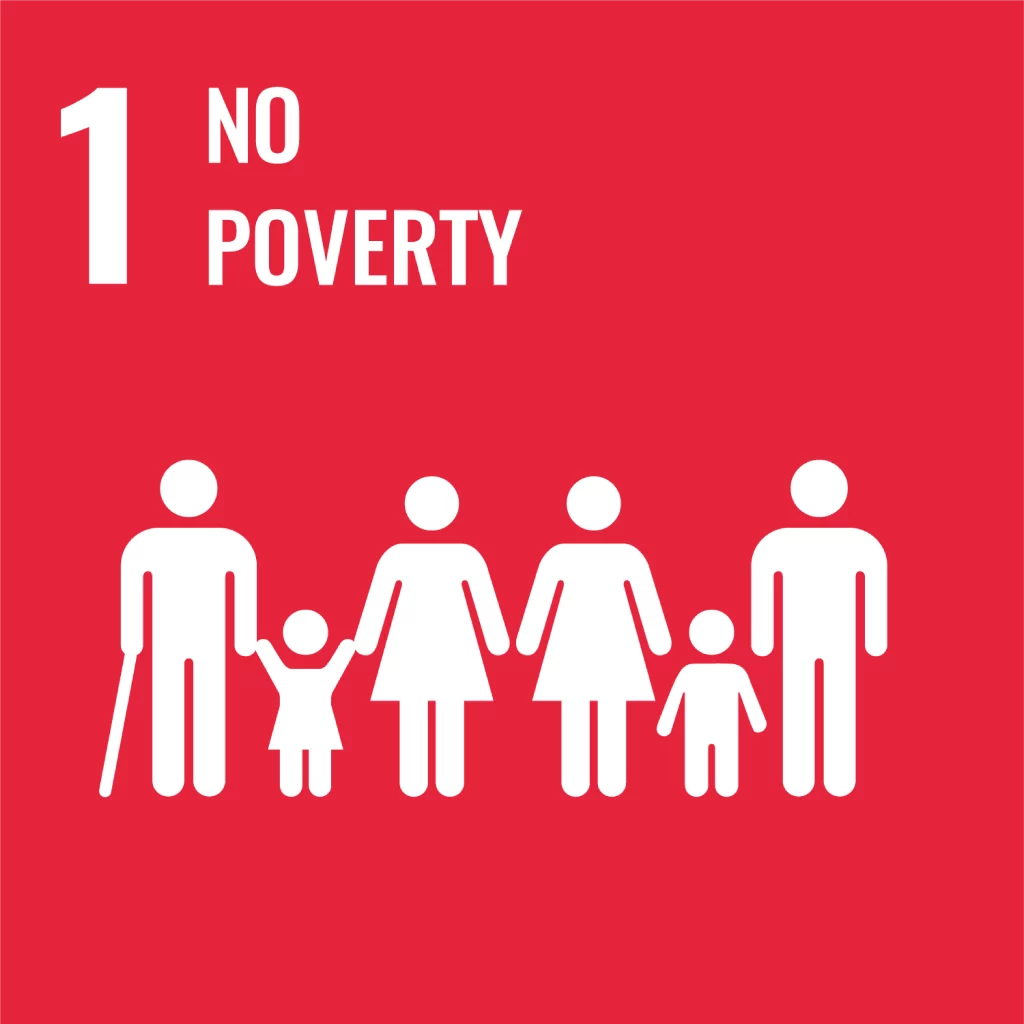
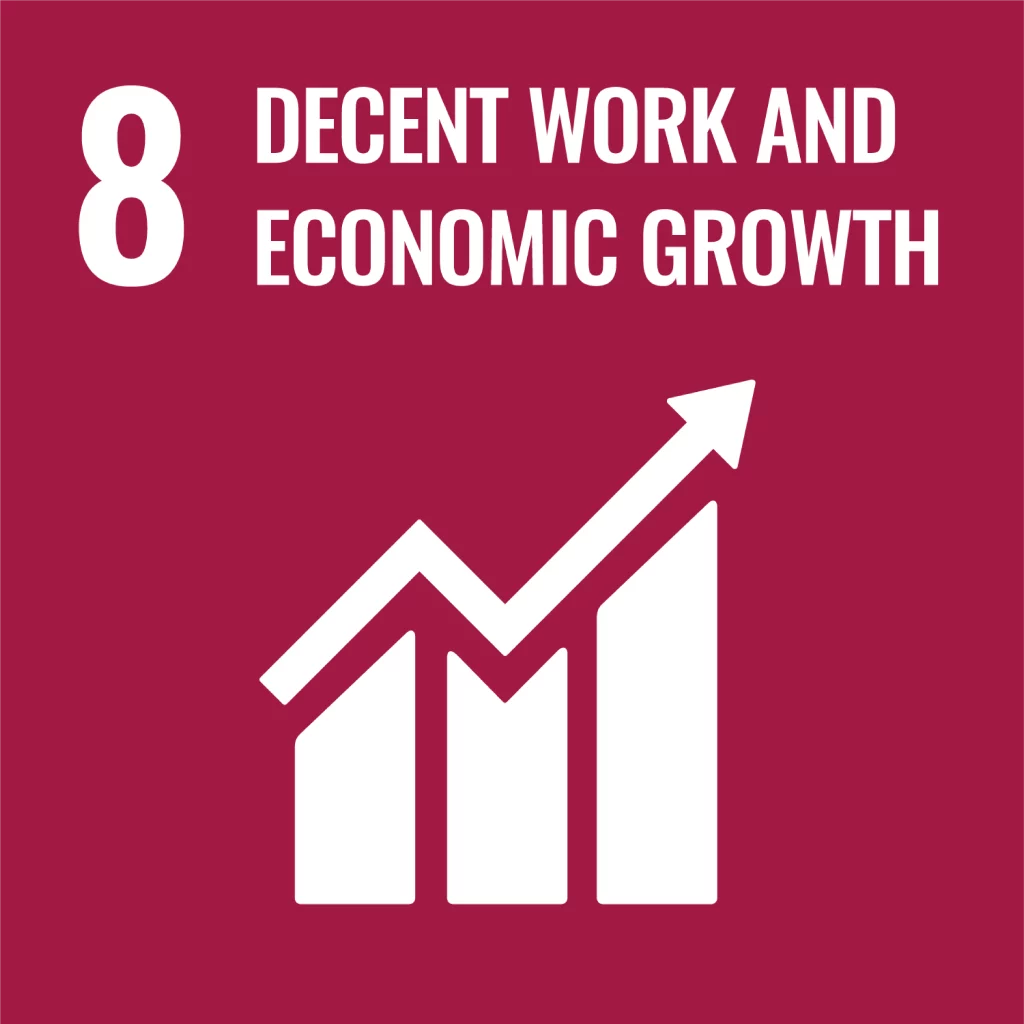
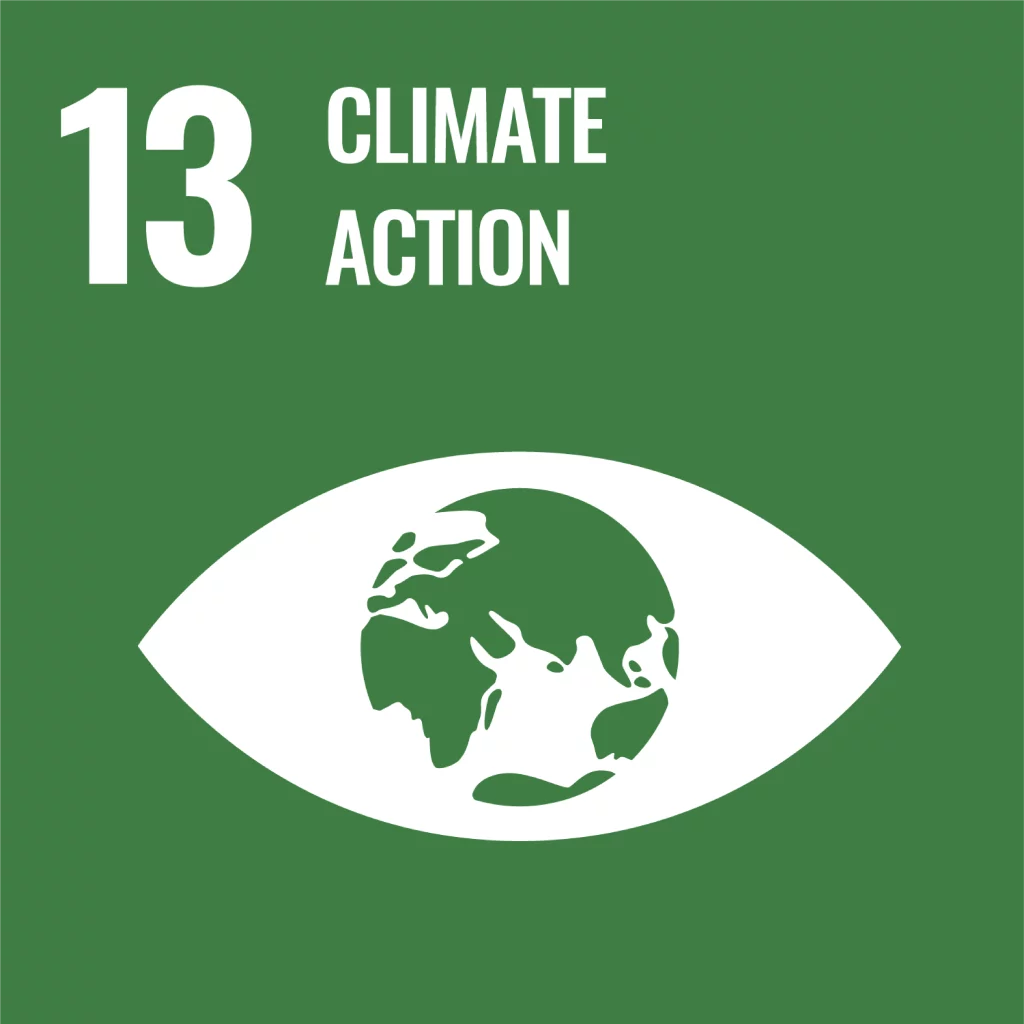
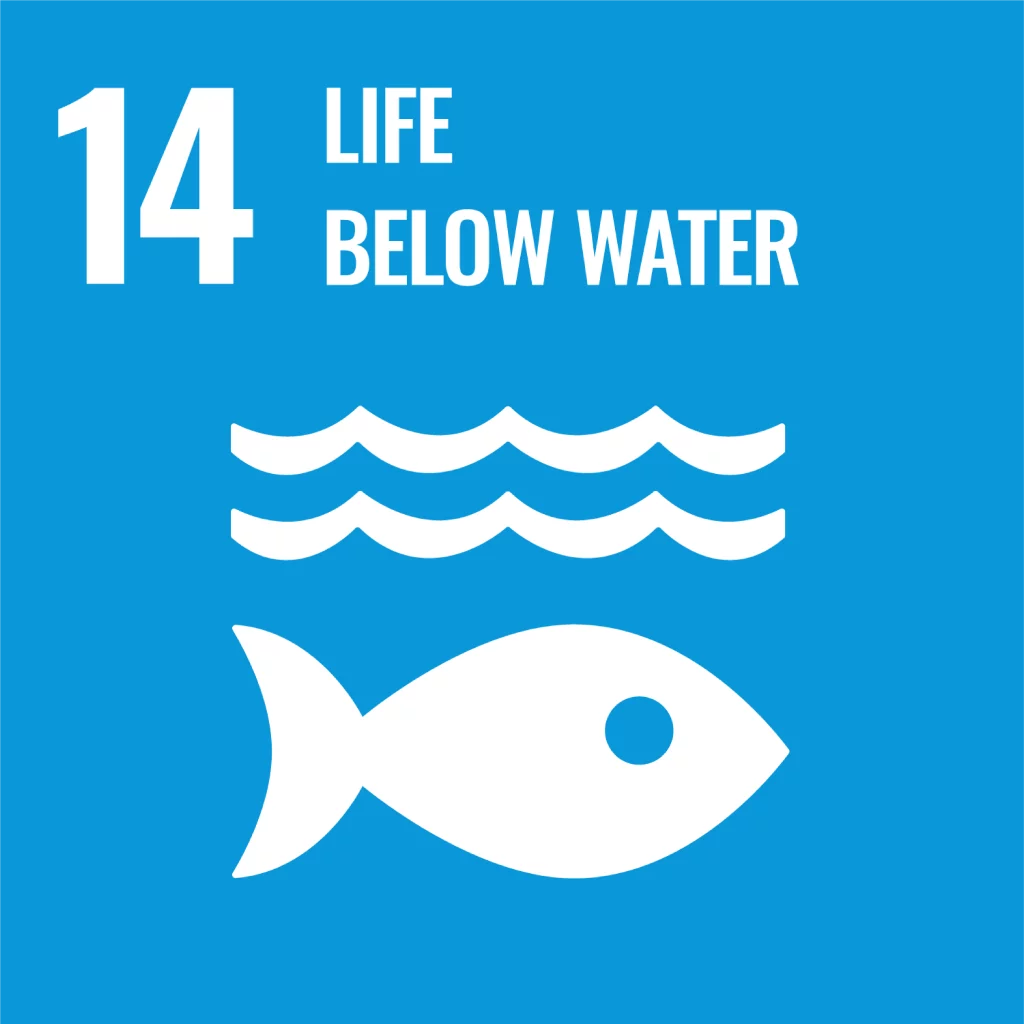
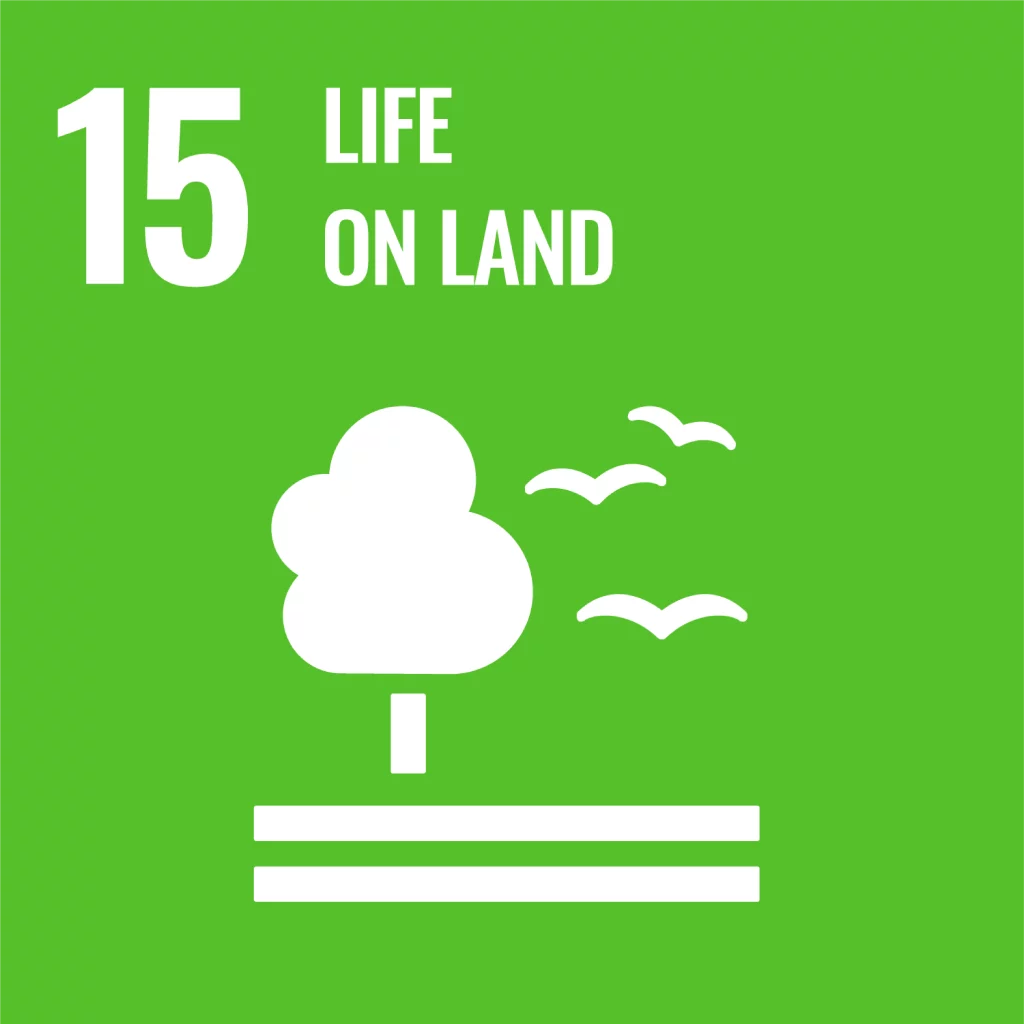
Along Malaysia’s vulnerable coastlines, a quiet transformation is underway. In areas once stripped of mangroves and exposed to erosion and storm surges, lush green buffers now thrive, benefiting over 7,000 residents across seven coastal communities.
In Perak, Kedah, Selangor and Johor, local B40 communities are restoring both ecosystems and livelihoods. With long-term support from Yayasan Sime Darby (YSD) totalling RM5.7 million (2020–2026), the Global Environment Centre (GEC) empowers senior citizens and women to lead mangrove rehabilitation through community stewardship. “We translate science into everyday terms… we simply provide a platform for action,” says GEC’s Nagarajan Ramasamy.
The results are deeply rooted. Communities have planted 47,550 mangrove trees across 23.88 hectares, with survival rates ranging between 60% and 92%, depending on site conditions. Six community-based organisations (CBOs) have become registered stewards. At six demonstration sites, villagers now teach other practical methods, ensuring knowledge stays within the community.
This work goes beyond tree planting to protect coastlines. Women are driving homegrown innovation, creating four mangrove-based beverages (Jeruju and Berembang) now approved by the Ministry of Health (MOH) and HALAL certified. Over 10,000 units have been produced and sold, linking conservation to real livelihoods.
Climate education amplifies impact. Through mangrove school carnivals, 826 students from 51 schools learned about coastal ecosystems through hands-on activities, quizzes and expert-led talks —planting seeds of environmental care for the next generation.
Each tree is estimated to sequester 5 to 10 kilograms of carbon at maturity. And regenerated mangroves bring back crabs, shrimp and fish crucial for household income. By placing rural communities—especially women and senior citizens—at the centre of coastal protection, YSD and GEC are strengthening Malaysia’s climate resilience sustainably from the ground up.
Seeds of Change
From Classrooms to Climate Solutions
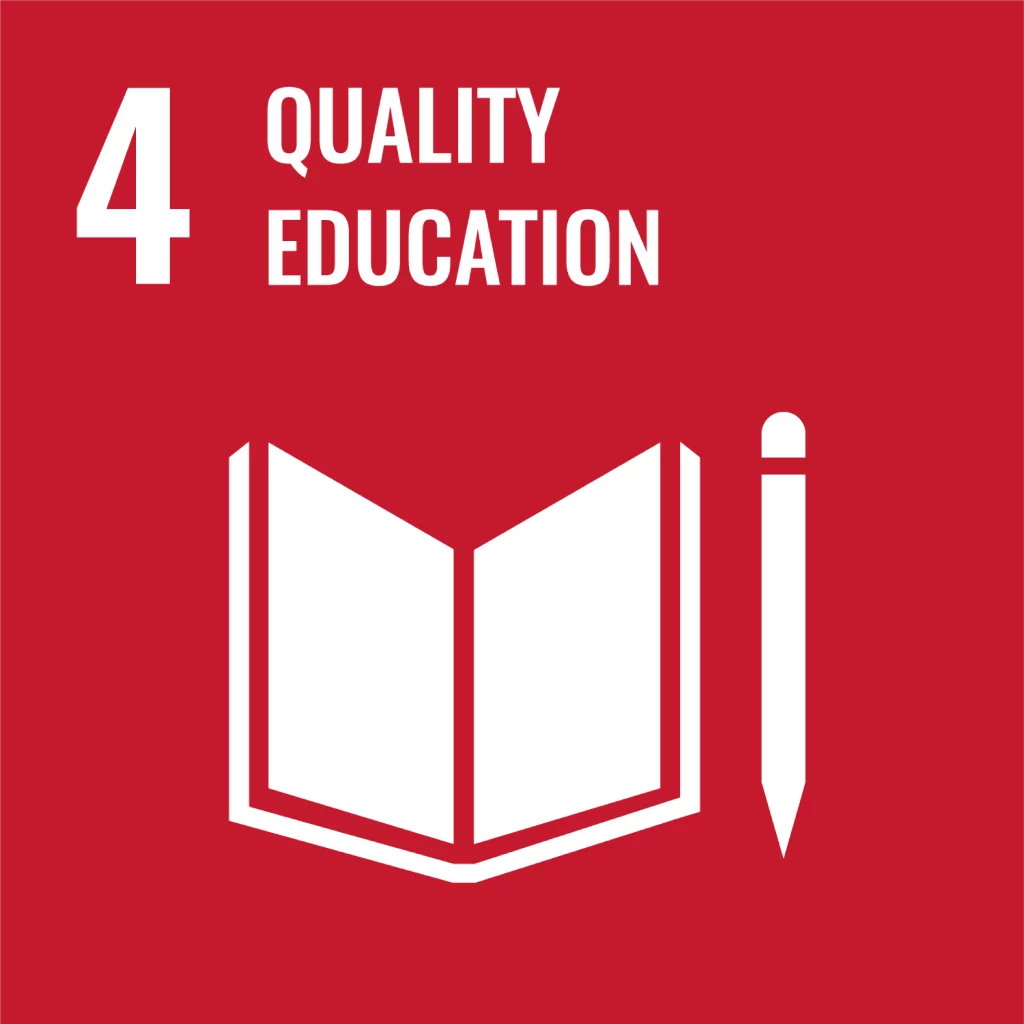

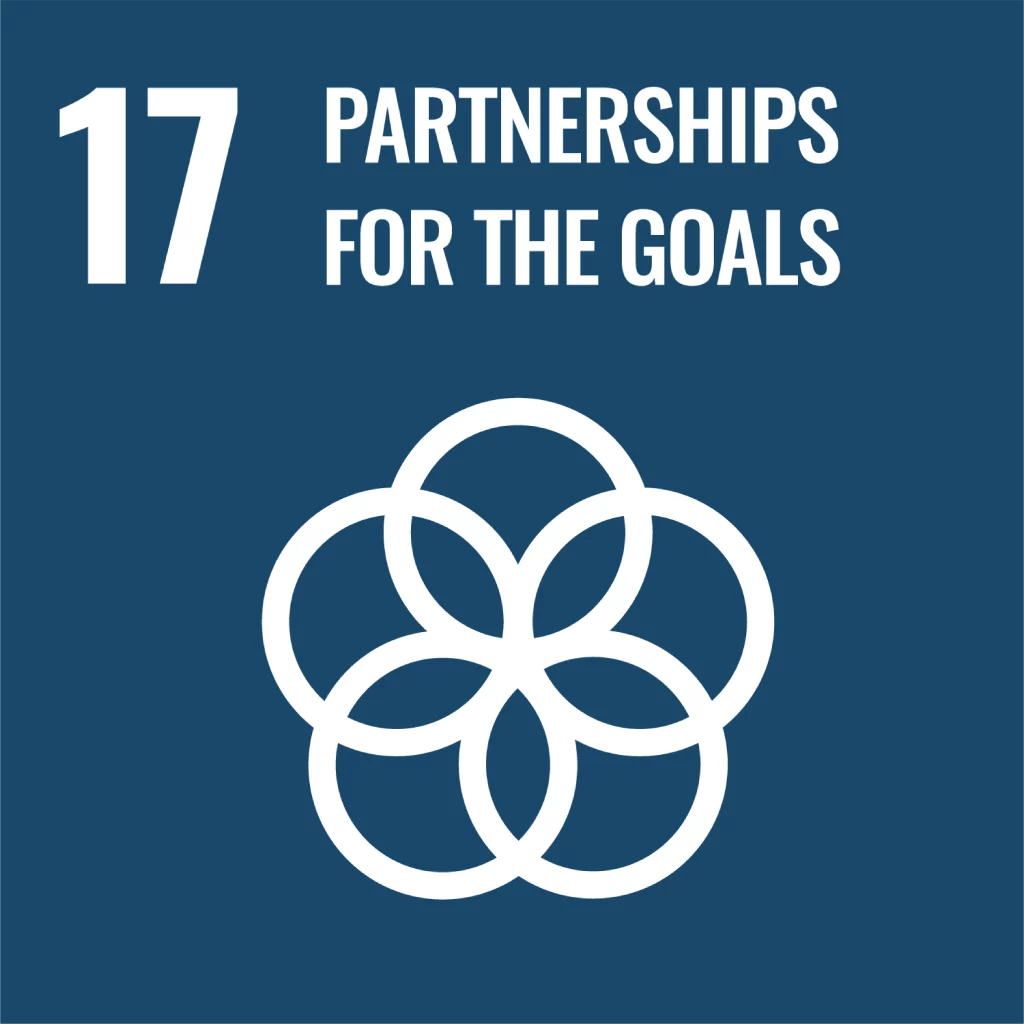
Across Malaysia, schools are turning environmental lessons into daily practice. With YSD’s support, Green Growth Asia Foundation (GGAF) empowers education communities in Melaka, Kedah and Pahang, where students and teachers learn to conserve water, grow food, manage waste, and audit energy use by adopting the globally recognised Eco-Schools framework.

In the Climate Education Lab, learning goes beyond books. Students build hydroponic systems, collect rainwater, and discover real solutions, turning climate education into climate action,
Datuk Ir. Ts. Dr. Mahadi Mohamad
Executive Director of Green Growth Asia Foundation
Since 2021, the programme has reached over 17,600 students, embedding sustainability practices through hands-on learning. 21 schools have joined across Melaka and Pahang. A total of 1,798 students have become Eco-Committee members and 427 have joined as Young Reporters for the Environment, while 12 student workshops and 6 seminars for school leaders have engaged 1,042 participants. Teachers received 503 training placements and 20 sustainability modules were developed and are now available on a national digital platform for schools (ecoschools.my). A total of 20 rainwater-harvesting systems were installed in Kedah and Melaka—bringing sustainability into daily school routines.


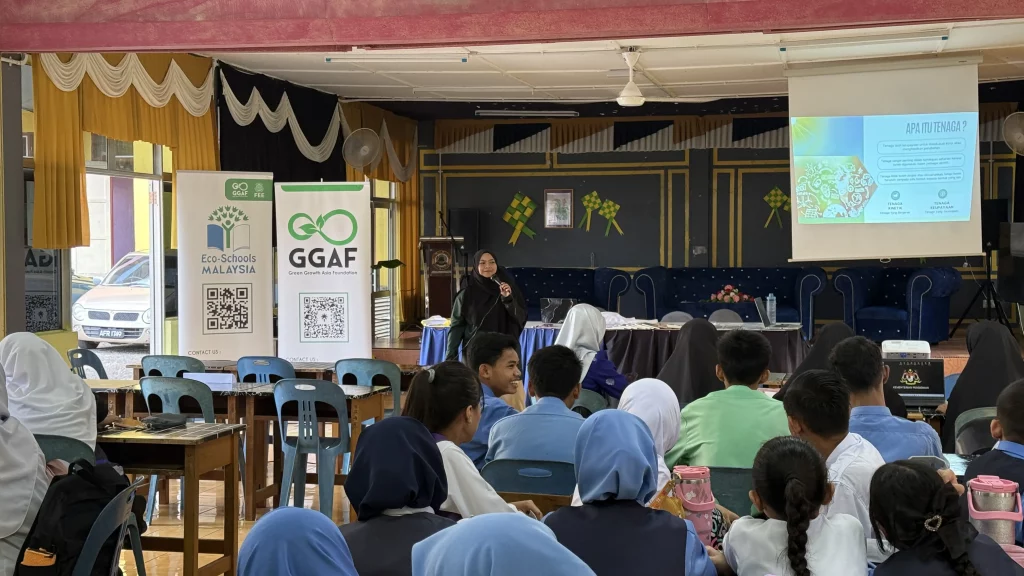
As a result of this strong implementation, 14 schools in Melaka have been awarded the coveted Green Flag. The impact has also earned national recognition: GGAF and YSD were awarded the Strategic Partner Award at Anugerah Hijau Melaka 2024 hosted by the Melaka State government, honouring the joint commitment to environmental education and community-based climate action.
In Pahang, the footprint now spans 10 schools across five districts. Action labs cover rainwater harvesting, permaculture and hydroponics. Seven schools operate hydroponic systems; 194 students and 38 teachers have completed thematic workshops; and 20 administrators have been trained in progress monitoring and funding strategies. There are 473 active Eco-Committee members leading school initiatives. Learning extends beyond the classroom. Students present projects through national and international Eco-Schools and Young Reporter networks.
With YSD’s commitment of RM1.25 million from 2021 to 2026, the programme continues working with schools and communities in Kedah, Melaka and Pahang to advance curriculum innovation, hands-on environmental action and community engagement. Eco-Schools are becoming living laboratories where students build real-world skills, teachers embed sustainability across subjects and schools become agents of change in their communities.
RM1.25 million
Total YSD support (2021–2026)
31 schools
engaged across Melaka, Kedah, and Pahang
> 17,600
students reached
1,798
Eco-Committee students
427
Young Reporters
12
student workshops
6
leadership seminars
503
teachers trained
14
Green Flag Schools awarded
10 schools
in Pahang
7
hydroponic setups
194
students
34
teachers
trained
473
Eco-Committee members
Climate Action
Nurturing Young Climate Champions in Sabah




In SMK Kudat, students who once hesitated to speak now lead climate projects in their communities. “After their involvement in SECA, they are more confident and more interested in environmental issues… they ask more questions because they’ve gained knowledge,” shares teacher Muhammad Hidayat. For students like Muhammad Mukrim from SMK Tandek 2, the programme hit home: “Youth are the successors to future generations… we will feel the effects of climate change in the future.”
These voices come from the Student Empowerment in Climate Action (SECA) programme, an initiative by Sabah Environmental Trust (SET) that brings climate education to rural secondary schools in Kudat, Kota Marudu and Pitas—districts near Tun Mustapha Park, where many families rely on the sea and face growing climate threats. Supported by Yayasan Sime Darby (YSD) and guided by the University of Malaya’s Blue Communities team, the programme combines hands-on learning with research-based environmental action.
SECA equips teachers and students with climate literacy and guided environmental projects. Programme delivery begins with a kick-off workshop, followed by expert talks, monthly reflection sessions, and pre-/post-assessments. Current content focuses on rainwater harvesting systems—a lifeline for communities facing frequent water shortages in Pitas and Kudat—and mangrove restoration to strengthen coastal resilience.
By June 2025, SECA had engaged 477 B40 students and 46 teachers across 14 schools. Students led 73 environmental projects in their communities, 1,000 printed education books were distributed (alongside a digital version available nationwide), and 90 mangrove saplings were planted in Kota Marudu.

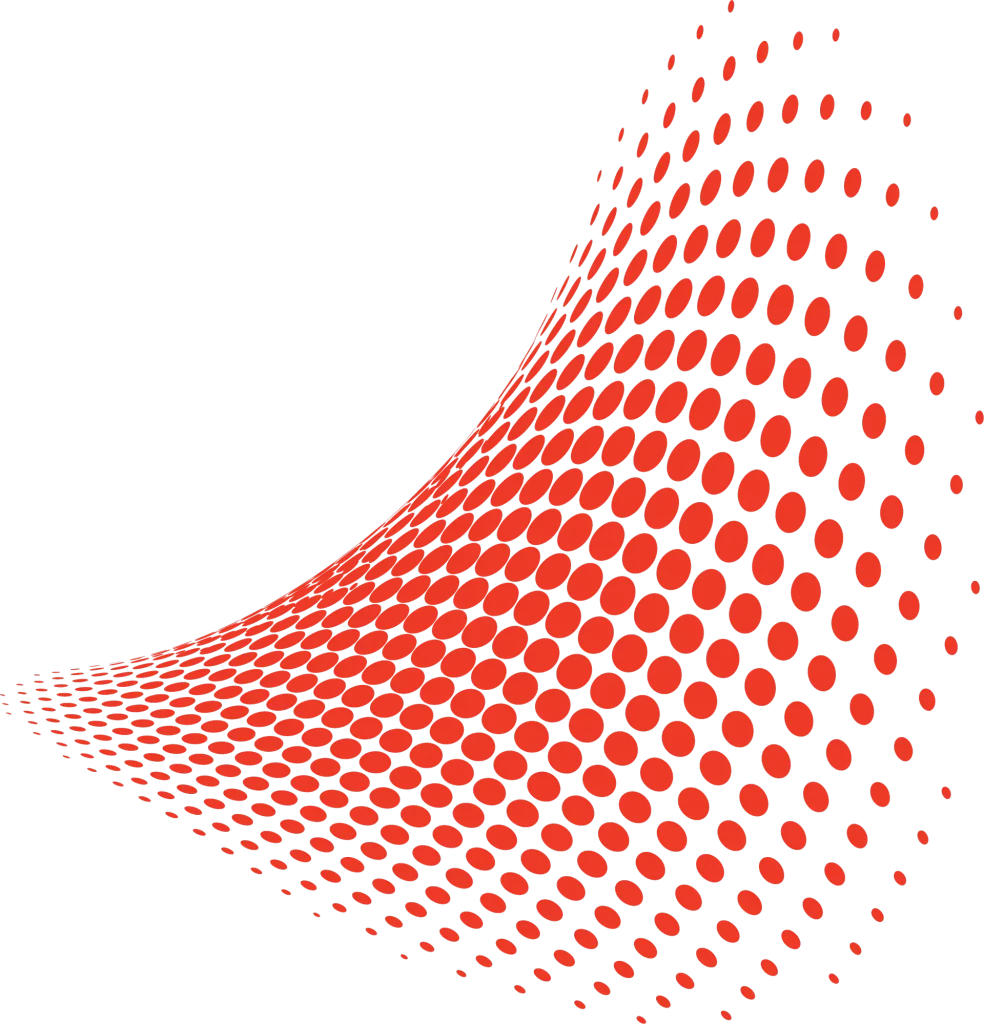
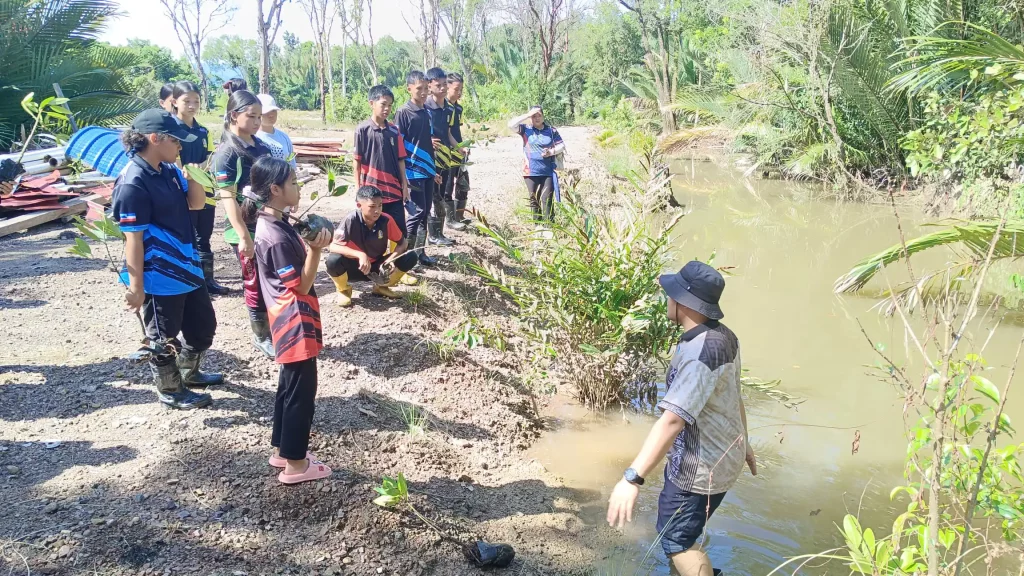
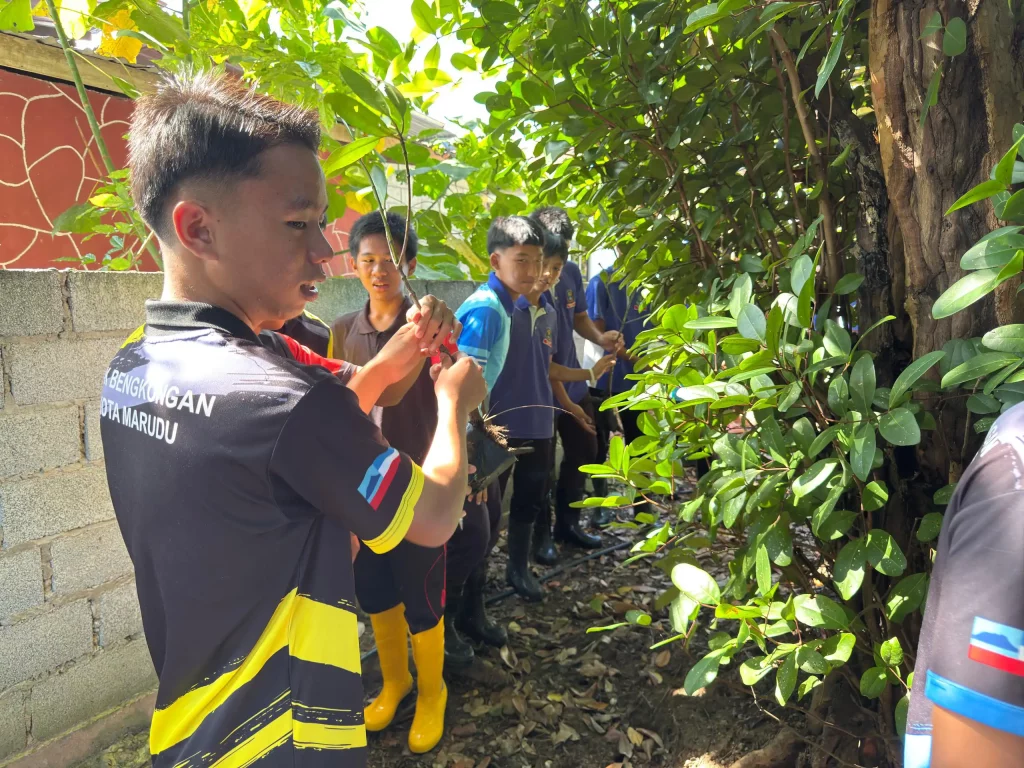
Since 2022, YSD has committed RM835,000 to SECA, including an RM150,000 matching grant from the Ministry of Finance in April 2025, further boosting outreach. Following its success, SECA is now expanding to Ranau and Kota Belud, located within Kinabalu Geopark, a biodiversity hotspot in Sabah’s Crocker Range. The area is surrounded by 45 villages, home to 15,800 people, mostly from the Dusun ethnic group. These communities depend on agriculture, eco-tourism, and forest resources—making students and teachers powerful climate champions in protecting both livelihoods and ecosystems.
RM835,000
Total committed (2022–2026)
73
student-led environmental projects delivered
1,000
education books distributed (+ e-book nationwide)
90
mangroves saplings planted
477
students
46
teachers reached
14
schools engaged
